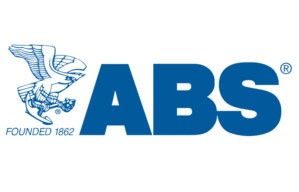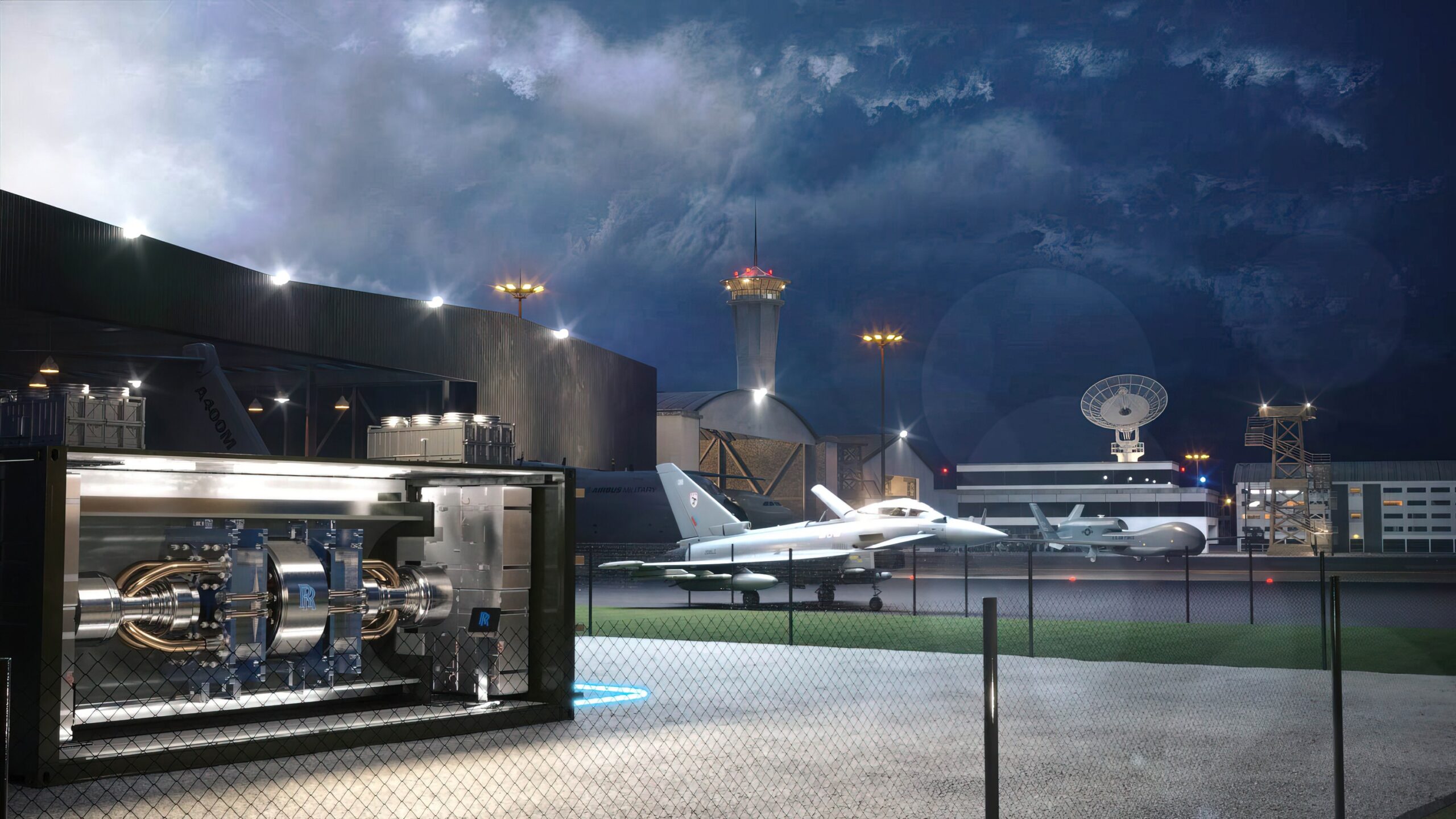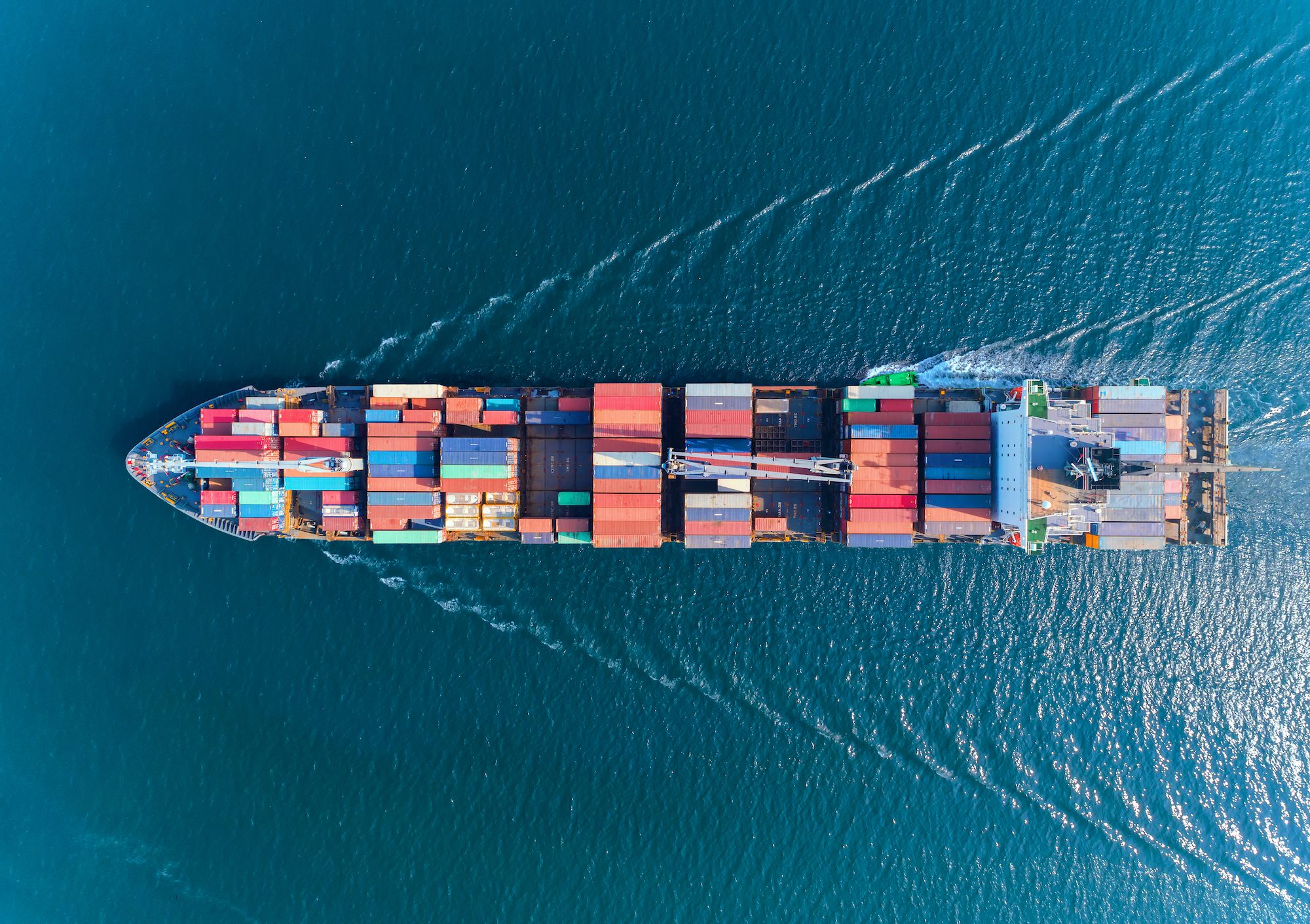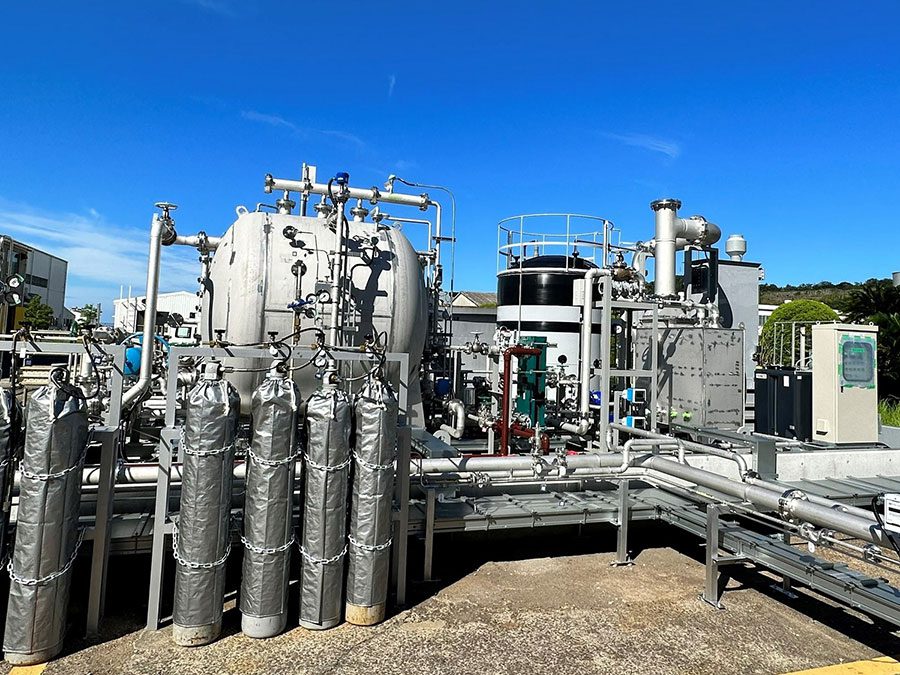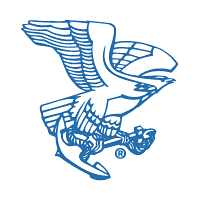 Classification society ABS announces the release of a Guide for Building and Classing Offshore Wind Turbine Installations, the first Guide to address design considerations for the bottom founded support structure of an offshore wind turbine situated in tropical storm prone areas on the US Outer Continental Shelf (OCS) such as the Gulf of Mexico and East Coast.
Classification society ABS announces the release of a Guide for Building and Classing Offshore Wind Turbine Installations, the first Guide to address design considerations for the bottom founded support structure of an offshore wind turbine situated in tropical storm prone areas on the US Outer Continental Shelf (OCS) such as the Gulf of Mexico and East Coast.
Guides developed to date have been primarily based on experience from European coastal waters. However, ABS’ Guide is the first to specifically consider the conditions these structures may encounter in tropical storm prone waters. The Guide takes into account the well-established International Electrotechnical Commission (IEC) 61400 series of standards for wind turbines, the American Petroleum Institute’s Recommended Practice for Planning, Designing and Constructing Fixed Offshore Platforms (API RP 2A), ABS’ offshore Rules and Guides and the unique environmental conditions on the US OCS.
“The direct application of design criteria in existing standards, such as IEC 61400-3, is not sufficient for the offshore wind turbines in US waters,” explains ABS Managing Principal Engineer, Qing Yu and the Guide’s principal author. “We incorporate additional requirements based on calibration studies that use regional and site-specific conditions of US waters,” he adds.
The Guide incorporates refinements to the design environmental conditions and design load cases required by IEC 61400-3 to account for the effects of tropical hurricane conditions. Yu points out the principle of site-specific design are more directly addressed in the definition of the design load cases. “Omni-directional wind conditions are required for the design load case in the event an offshore wind turbine loses its connection to the electrical power grid during a tropical hurricane.”
The Guide also specifies a unique set of strength design criteria for the steel support structure of an offshore wind turbine based on the commonly accepted working stress design (WSD) approach. “Allowable stresses are defined for a variety of design conditions including normal, abnormal, transport and installation, as well as earthquake and other rare conditions,” says Yu. “In addition, equivalent load and resistance factor design (LRFD) criteria are defined as an alternative to the WSD-based criteria.”
ABS offers a class notation for those turbine support structures complying with the requirements and conditions of the Guide. The notation A1 Offshore Wind Turbine Installation will be listed in the ABS Record. Other optional class notations are S (years) for the return period of maximum design environmental conditions and FL (years) for the design fatigue life.

 Join The Club
Join The Club



